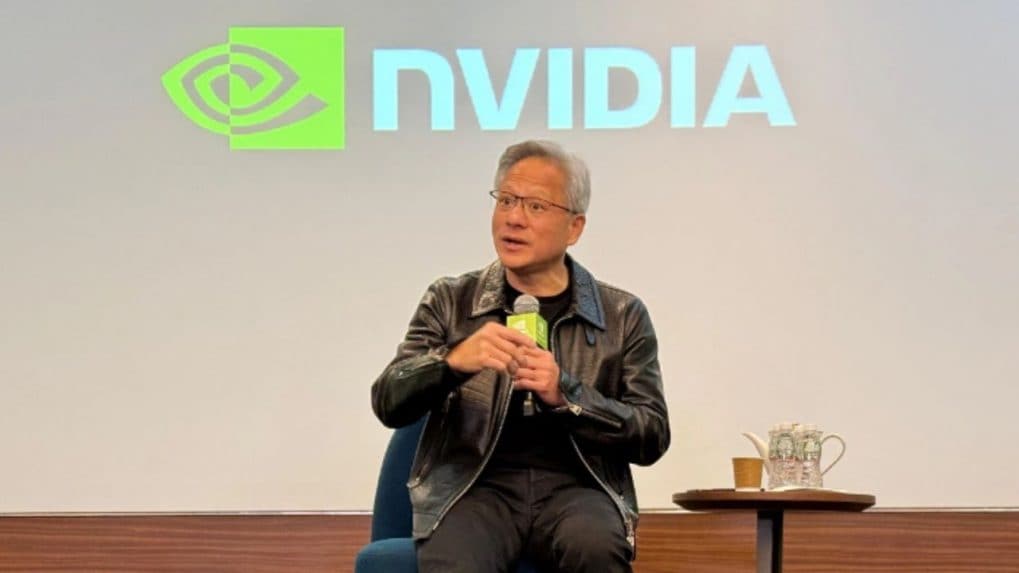Jensen Huang responds to MIT study on AI; says “Skill Issue, Not AI”
“I haven’t read the MIT research lol,” Huang said at an event, dismissing the findings with characteristic candor. “I literally use AI every day, and my cognitive skills are actually advancing.”
ADVERTISEMENT
NVIDIA CEO Jensen Huang has pushed back against claims that artificial intelligence may be lowering human cognitive abilities, calling the argument flawed and rooted in how people choose to use the technology. His comments come in response to a recent MIT study that suggested over-reliance on AI tools could negatively impact problem-solving and critical thinking skills.
“I haven’t read the MIT research lol,” Huang said at an event, dismissing the findings with characteristic candor. “I literally use AI every day, and my cognitive skills are actually advancing.”
Huang, who heads one of the world’s most influential AI hardware and computing firms, argued that rather than replacing human thinking, AI can enhance it, if used wisely. He explained that his day-to-day role as a CEO revolves around asking good questions and solving new problems, and AI has become an indispensable partner in that process.
“I’m not asking a machine to teach me what I already know,” he said. “I use AI to learn new things and to approach problems I haven’t encountered before.”
The MIT study, which raised alarms about users outsourcing too much of their decision-making to generative AI tools, has sparked a broader debate about the long-term cognitive impact of such technologies. But Huang made it clear that he believes the problem lies not with the technology, but with how it's used.
“I’m not sure what kind of questions people are asking AI if it’s making them dumber,” he said. “Skill issue.”
He also noted that effective prompting, critiquing AI responses, and applying one’s own judgment are all cognitive processes that improve mental agility, not diminish it.
“Critiquing and criticizing AI’s answers using critical thinking enhances cognitive skills,” Huang said. His advice to those concerned about the effects of AI? “Apply critical thinking.”
As generative AI tools become more integrated into daily workflows across industries, Huang’s position reinforces a growing perspective among technologists: AI isn’t a substitute for thinking — it’s a tool that rewards those who think better.
Read More: Microsoft tightens focus on AI proficiency amid mass layoffs; says "AI is core to every role"
Read More: Anupam Mittal warns against deep-tech push, calls for practical AI skilling for real jobs
Read More: Former Intel CEO launches AI venture focused on human values


